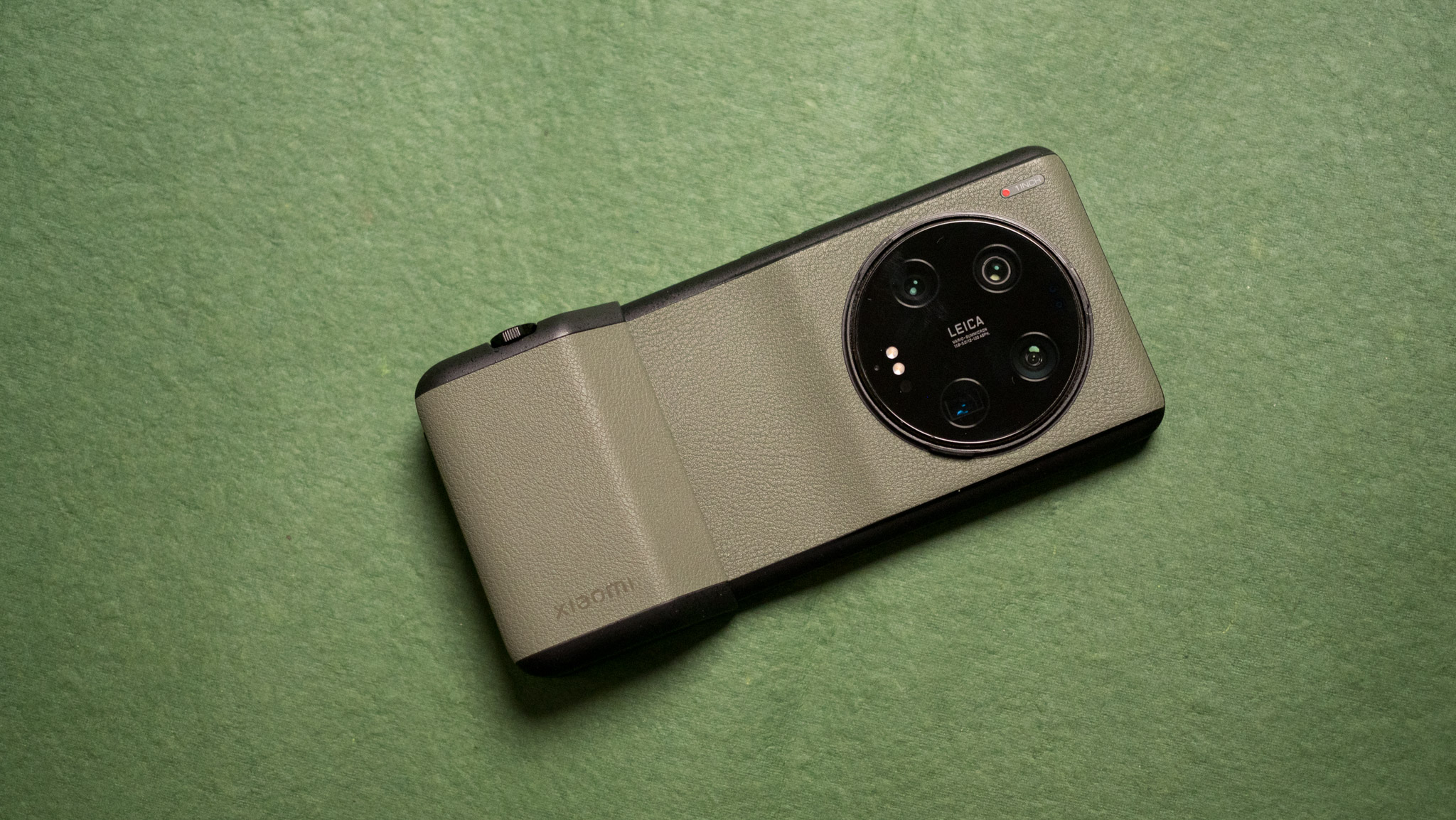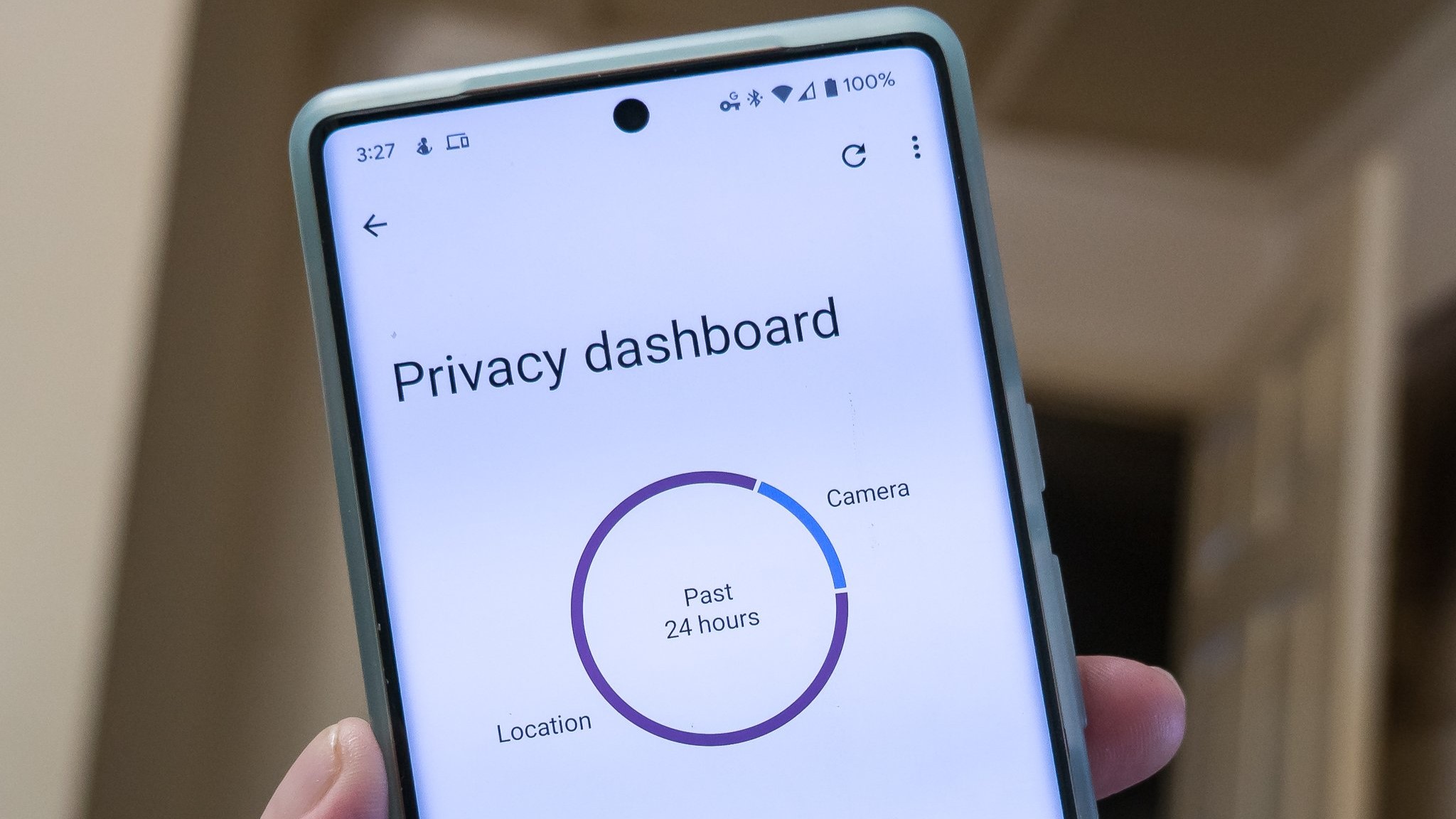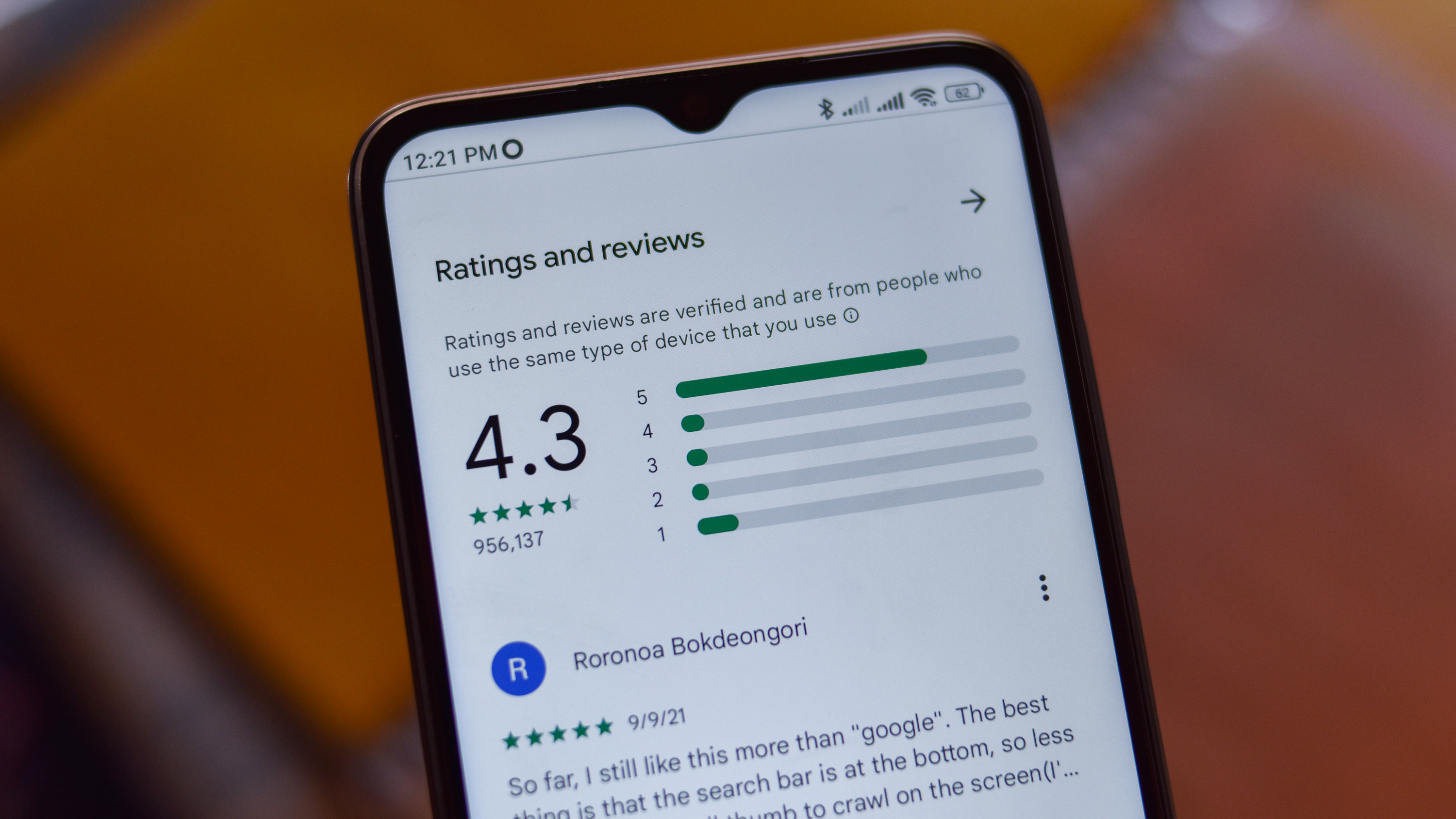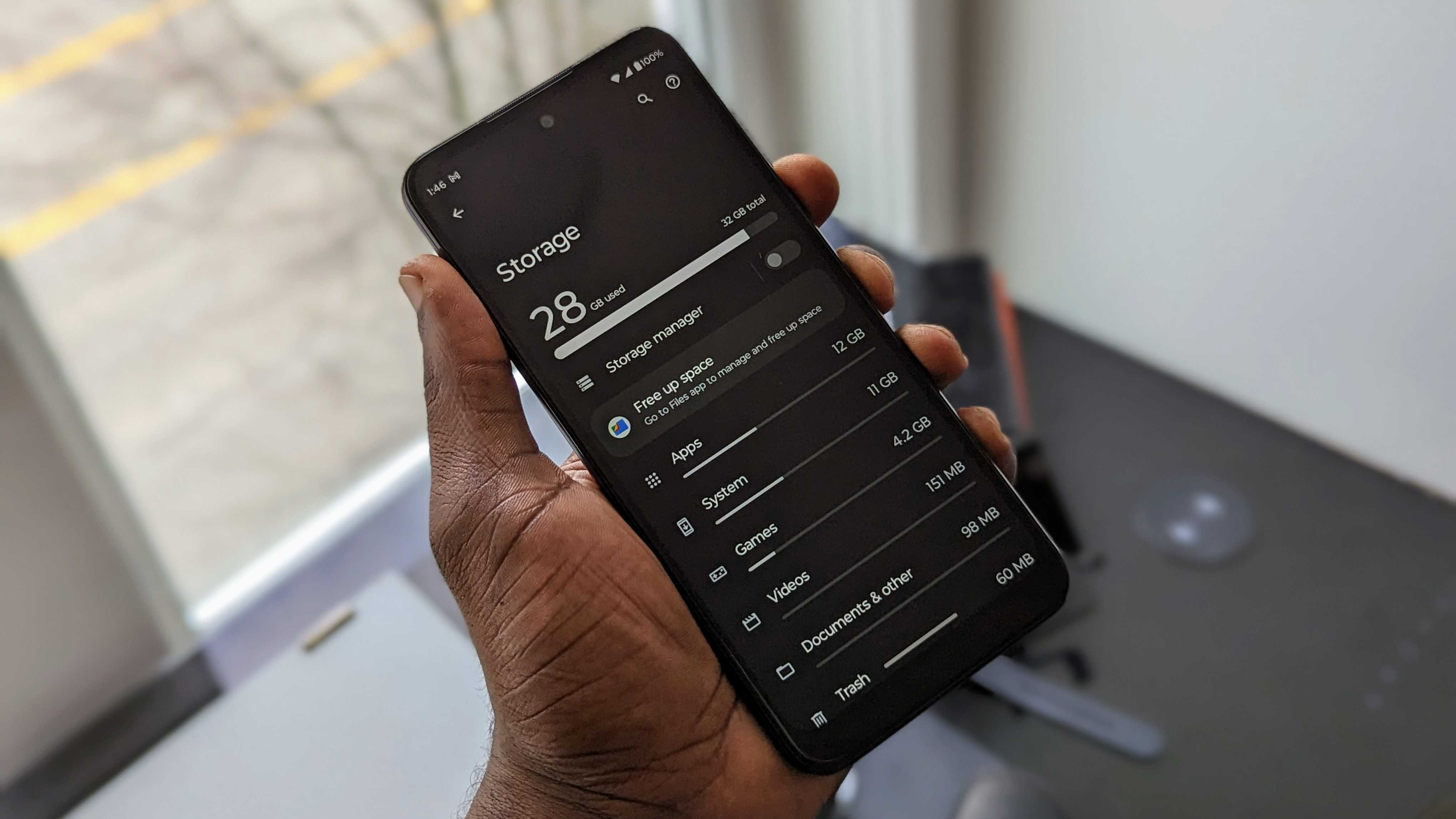Welcome to Ask Jerry, where we talk about all the questions you might have about the smart things in your life. I’m Jerry and I’ve spent most of my life working with technology. I have an engineering and R&D background and have been involved with Android and Google for the past 15 years.
Ask Jerry

Ask Jerry is a column where we answer your burning Android/tech questions with the help of longtime Android Central editor Jerry Hildenbrand.
I’m also really good at researching data about everything — that’s a big part of our job here at Android Central — and I love helping people (another big part of our job!). If you have questions about your technology, I’d love to discuss them.
Email me at [email protected], and I’ll try to sort things out. You can remain anonymous if you want, and we promise not to share anything we don’t cover here.
I’m looking forward to your response!
Is it safe to use Chinese hardware?

Steven writes:
How concerned should I be about the security of Chinese electronics? Are some types of products more or less vulnerable? Should you look for warning signs? What steps should be taken to protect yourself?
Here is a spicy topic! I’m also very glad you asked because I think many people have the same concerns. We hear scare stories about China almost every week, and some of them have to be true, right?
There is no simple answer to this as all your concerns could be justified. Hardware and software backdoors exist, and China is known to closely monitor smartphone usage. A simple way to do this would be to drop a tool into every device that helps. It would be difficult to get away without being caught, but difficult does not mean impossible.
That said, I’ve never heard of an actual hardware backdoor existing in a Chinese-made device. This could mean that it was done so secretly that no one ever found them, or it could mean that it was not done. I’d bet on the latter simply because software backdoors are far easier, and they exist.

In most cases, we see applications that send data back to the server instead of an actual remote interface that someone else can connect to. I have come across this several times and even expressed my concerns with these hardware manufacturers. I was told the same thing every time: we have to do this for devices sold in China.
Sometimes these problems are solved for the Western market; they are sometimes overlooked. In any case, it raises another question — is it more or less safe for China to closely monitor how you use your device compared to surveillance by other countries, like the US?
Most governments pretty much track your online footprint, even if it’s illegal for third parties to do so. Unless you’re breaking the law, I wouldn’t worry too much. It sounds terrible, but none of us are important enough for some government employee to sift through everything they have about us.
Chinese companies make some of the best Android phones; often better than anything you would find in the West. My best advice here is to not be a super early adopter and read what other people find under the hood. That’s what I do!
Uninstall the remaining applications

Jonas writes:
I sometimes install and uninstall apps and games on my mid-range phone and tablet. Does uninstalling apps and games mean that all the occupied memory is deleted or is there still something left in the mobile phone or tablet?
If so, how can I clear all the used memory that is still taking up my phone?
I think most of us have run out of space on our phone or tablet at least once. Complaints about the issue are what prompted hardware manufacturers to finally offer more space on their products. Since this usually means you have to pay a little more, it’s important to know how to free up storage space.
The short answer is yes, all data for an app is deleted when you uninstall it. At least that’s how it is should have work.
When you uninstall an application, the system only removes the application’s private directory. This is where the developer should store everything, but the rule is often overlooked.
Many applications also store data in directories and folders outside of their own private space. It could be useful; Let’s say you have an app that finds wallpapers that you can save to your device, but this is often done as a way to share data with other apps without violating Google’s storage policies. As long as permissions are applied correctly, no rules are broken. This data will remain when you uninstall the application.

The good news is that it’s pretty easy to fix. You will need an application that can dig into these public folders to find lost data. I have used SD Maid and its “Corpse Finder” tool is very good at finding lost data. I’m sure other apps can do the same. Note that you will probably have to pay a few bucks for the full version of this type of app to unlock all the features.
Now is a good time to mention that we should support developers who save data the right way. This means placing it in a private folder and saving your settings or game progress to your Google Drive account. Every Google Account gets free Drive space for this purpose, and we don’t have to do anything to use it. It just works.
It’s also worth remembering that a few bytes of data here or there don’t mean much. Nothing should be left behind, and bending the rules to follow us is horrible, but unless the remains are large in size, it doesn’t make much of a difference.
Hope that helps!